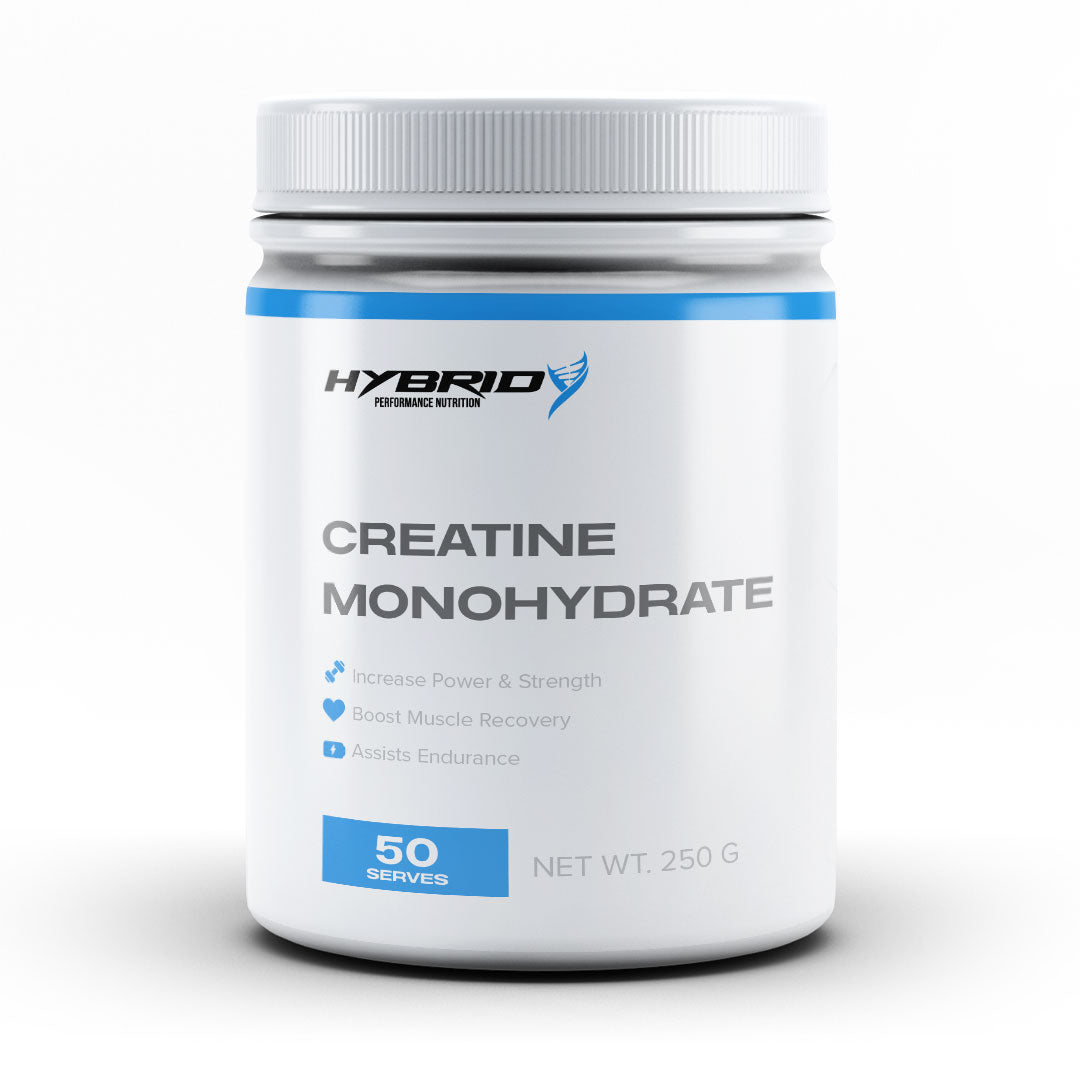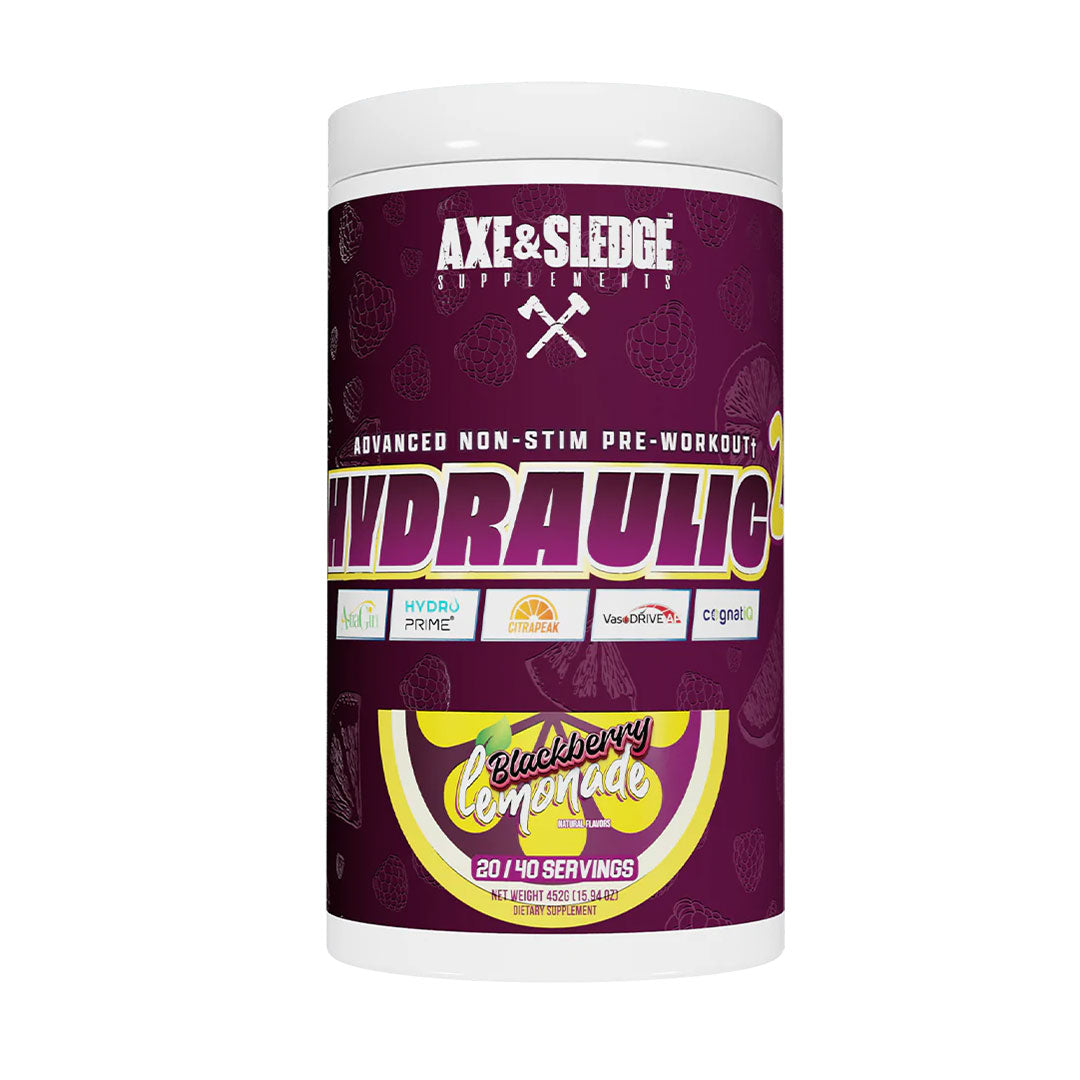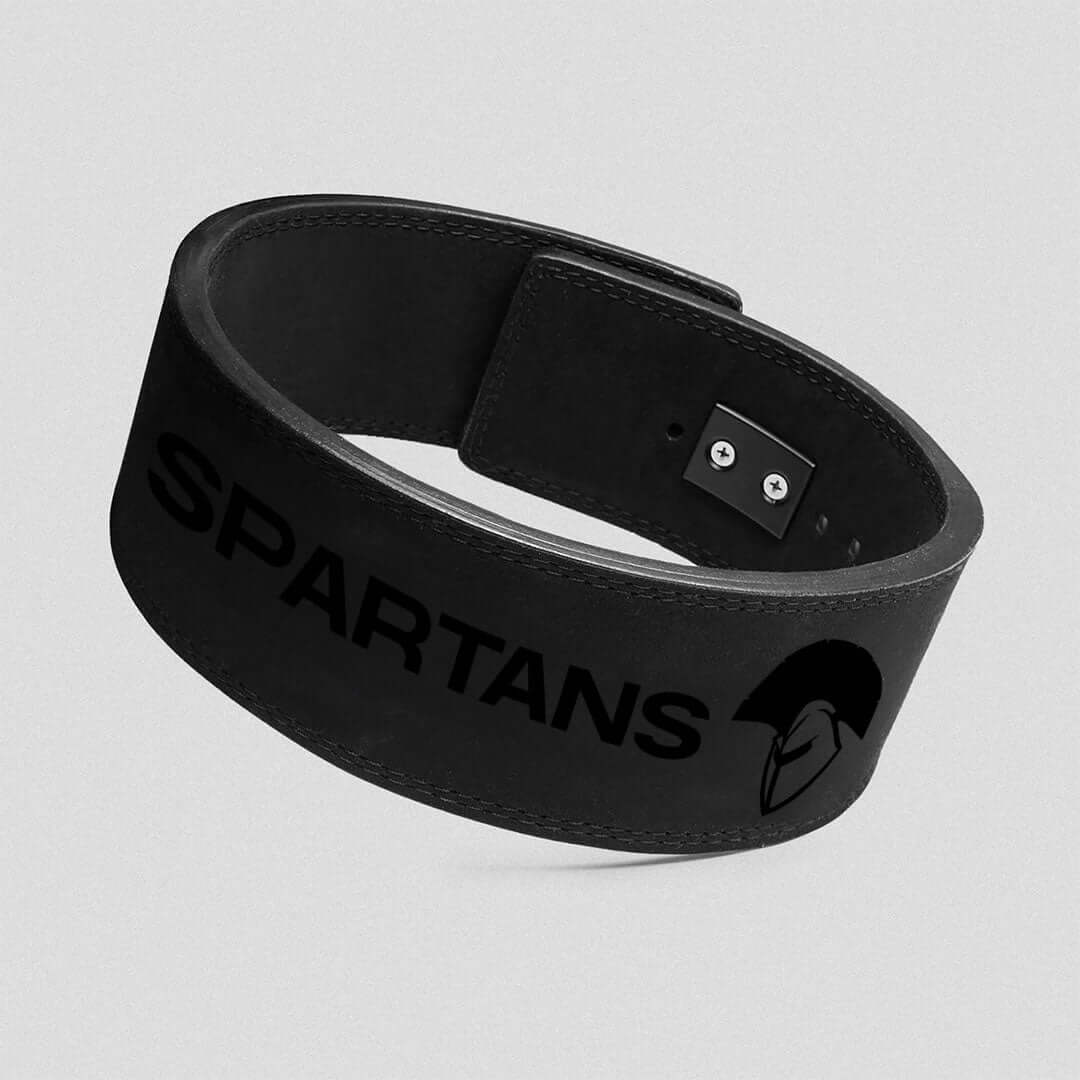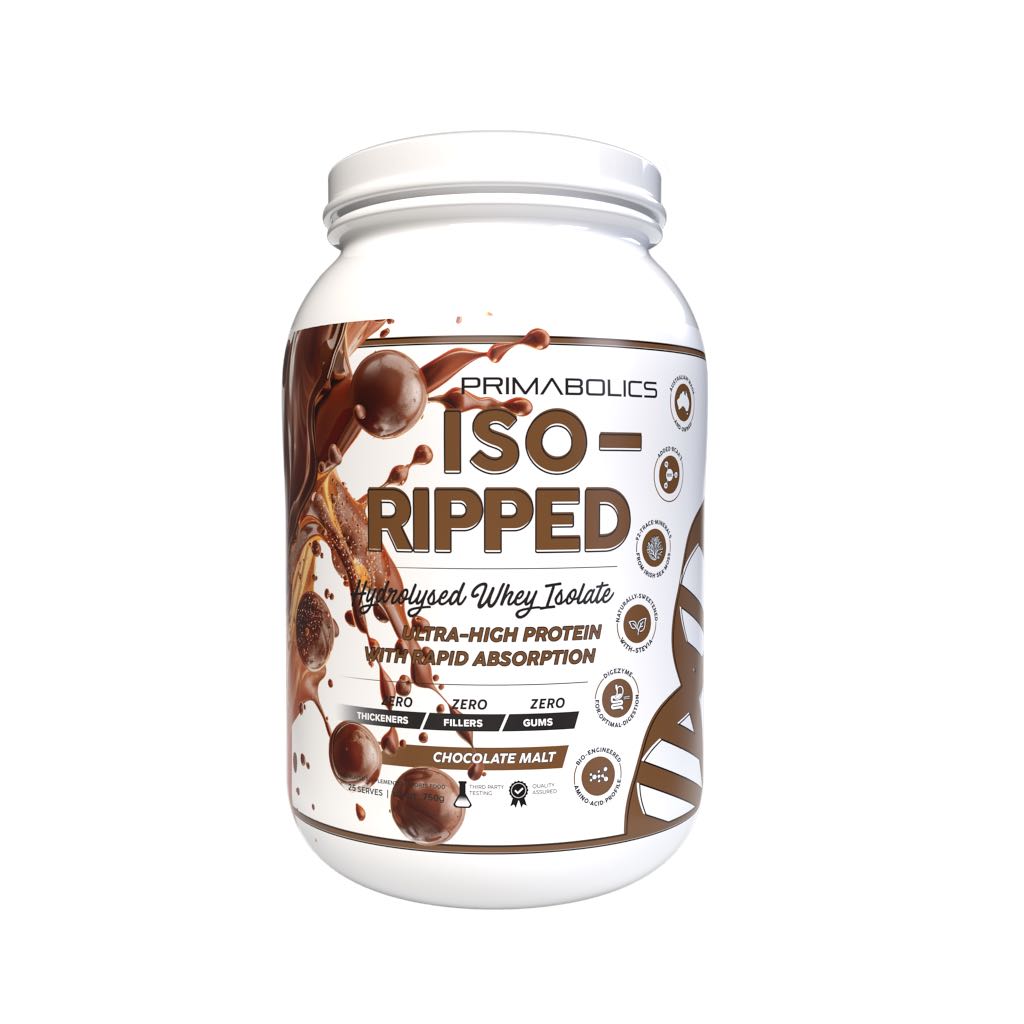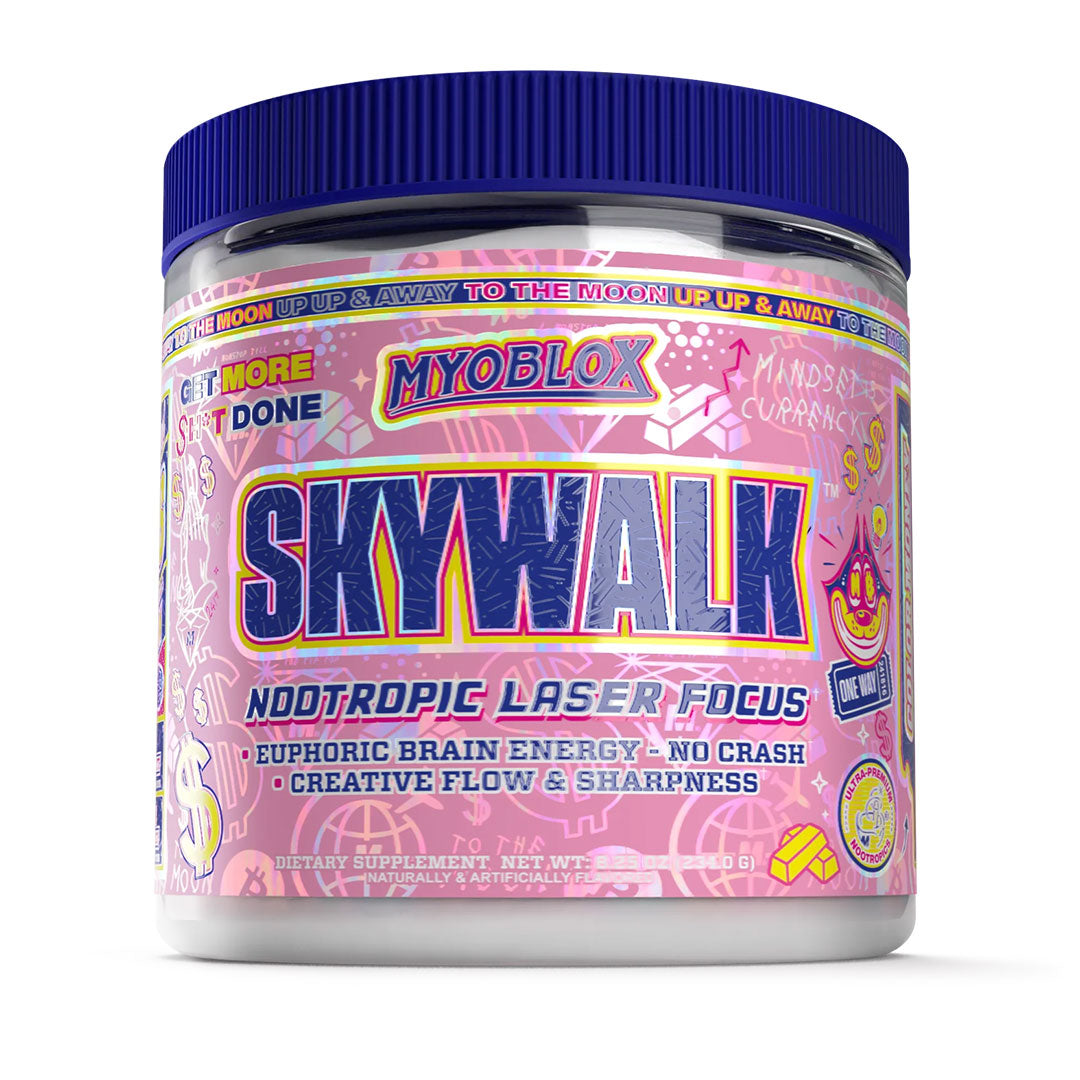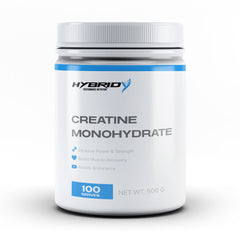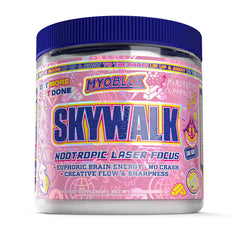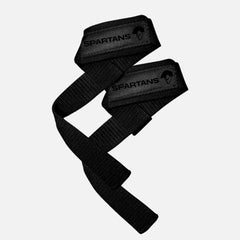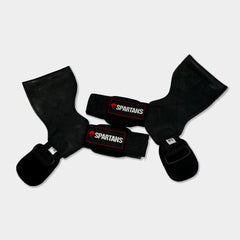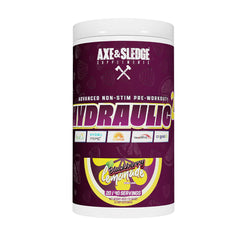Calculating Your Protein Intake: The Key to a Successful Diet and Workout Plan
If you're looking to build muscle, lose weight, or simply maintain a healthy lifestyle, then protein should be at the top of your nutrition list. Protein is the building block of muscle and is essential for repairing and maintaining tissue in the body. However, calculating your protein intake can be a daunting task, especially if you're new to fitness and nutrition. The key is to find the right balance between protein, fat, and carbohydrates to meet your individual needs. In this article, we'll show you how to calculate your protein intake and provide tips on how to incorporate protein into your diet and workout plan. Whether you're a seasoned athlete or just starting out, understanding your protein needs is the key to achieving your fitness goals. So, let's dive in and discover how to make protein work for you!
The Importance of Protein in Your Diet
Protein is a macronutrient that is essential for building muscle, repairing tissues, and maintaining a healthy immune system. When you eat protein, it's broken down into amino acids, which are then used by your body to build and repair tissues. Without enough protein in your diet, your body won't have the necessary building blocks to repair and maintain muscle tissue, which can lead to muscle loss and a slower metabolism.
Protein is also important for weight loss because it helps you feel full and satisfied, which can prevent overeating and snacking on unhealthy foods. Additionally, protein has a higher thermic effect than carbohydrates and fat, which means that your body burns more calories digesting protein than it does digesting other macronutrients.
To get the most out of your protein intake, it's important to choose high-quality sources of protein, such as lean meats, fish, eggs, and dairy products. These foods not only provide protein but also other important nutrients like vitamins and minerals.
How Much Protein Do You Need?
The amount of protein you need depends on several factors, including your age, gender, weight, activity level, and fitness goals.
If you're looking to build muscle, you may need to consume more protein to support muscle growth and repair. Studies have shown that consuming 2-2.5 grams of protein per kilogram of body weight per day can help maximize muscle growth.
On the other hand, if you're trying to lose weight, you may need to consume more protein to help you feel full and satisfied. Studies have shown that consuming 25 to 30 percent of your daily calories from protein can help reduce hunger and promote weight loss.
It's important to note that consuming too much protein can be harmful to your health, especially if you have kidney disease or other health conditions. Always consult with a healthcare professional before making any significant changes to your diet.
Factors to Consider When Calculating Your Protein Intake
When calculating your protein intake, there are several factors to consider to ensure that you're getting enough protein to meet your individual needs. These factors include:
### Your Activity Level
If you're highly active, you may need to consume more protein to support muscle growth and repair. Additionally, endurance athletes may need to consume more protein to help with muscle recovery and reduce the risk of injury.
### Your Fitness Goals
If you're looking to build muscle, you may need to consume more protein to support muscle growth and repair. On the other hand, if you're trying to lose weight, you may need to consume more protein to help you feel full and satisfied.
### Your Age and Gender
Men generally need more protein than women because they tend to have more muscle mass. Additionally, older adults may need more protein to help prevent muscle loss and maintain mobility.
### Your Weight
If you're overweight or obese, you may need to consume more protein to help you lose weight and maintain muscle mass.
### Your Dietary Restrictions
If you're a vegetarian or vegan, you may need to consume more protein to ensure that you're getting enough protein from plant-based sources. Additionally, if you have food allergies or intolerances, you may need to find alternative sources of protein to meet your individual needs.
Protein Sources for Vegetarians and Vegans
Vegetarians and vegans can still get enough protein in their diet by consuming a variety of plant-based sources of protein. Some of the best sources of plant-based protein include:
### Legumes
Legumes such as beans, lentils, and peas are an excellent source of protein, fiber, and other important nutrients. They're also low in fat and cholesterol, making them a healthy addition to your diet.
### Nuts and Seeds
Nuts and seeds are a great source of protein, healthy fats, and other important nutrients. They're also easy to add to your diet in the form of snacks or toppings for salads and other dishes.
### Soy Products
Soy products such as tofu, tempeh, and soy milk are an excellent source of protein and other important nutrients. They're also versatile and can be used in a variety of dishes, from stir-fries to smoothies.
### Grains
Whole grains such as quinoa, brown rice, and oats are a good source of protein and other important nutrients. They're also a great addition to salads and other dishes.
How to Track Your Protein Intake
To ensure that you're getting enough protein in your diet, it's important to track your protein intake. There are several ways to do this, including:
### Food Diary
Keeping a food diary can help you track your protein intake and ensure that you're getting enough protein to meet your individual needs. You can use a notebook or a mobile app to track your food intake and calculate your protein intake.
### Nutrition Labels
Nutrition labels provide information about the amount of protein in a serving of food. By reading nutrition labels, you can ensure that you're choosing foods that are high in protein.
### Online Tools
There are several online tools that can help you track your protein intake, including MyFitnessPal and Cronometer. These tools allow you to log your food intake and calculate your protein intake based on your individual needs.
The Best Protein Supplements for Your Diet and Workout Plan
If you're struggling to meet your protein needs through food alone, protein supplements can be a convenient and effective way to increase your protein intake. Some of the best protein supplements include:
### Whey Protein
Whey protein is a fast-digesting protein that is easily absorbed by the body. It's also a complete protein, which means that it contains all of the essential amino acids that your body needs.
### Casein Protein
Casein protein is a slow-digesting protein that is absorbed by the body over a longer period of time. This makes it a good choice for pre-bedtime snacks or for sustained energy during the day.
### Plant-Based Protein
Plant-based protein powders made from sources such as pea, rice, and hemp are a great choice for vegetarians and vegans. They're also a good option for people with lactose intolerance or other food allergies.
Recipes to Boost Your Protein Intake
Incorporating high-protein foods into your diet doesn't have to be boring or difficult. There are plenty of delicious and healthy recipes that can help you boost your protein intake, including:
### Greek Yogurt Parfait
Layer Greek yogurt, berries, and granola for a high-protein breakfast or snack.
### Protein Smoothie
Blend together protein powder, frozen fruit, and almond milk for a quick and easy post-workout snack.
### Chicken Stir-Fry
Stir-fry chicken, vegetables, and brown rice for a high-protein, low-fat meal.
### Quinoa Salad
Toss cooked quinoa with vegetables, chickpeas, and a vinaigrette dressing for a protein-packed salad.
Pre- and Post-Workout Protein Intake
Consuming protein before and after your workout can help maximize muscle growth and repair. Before your workout, aim to consume a small meal or snack that contains both carbohydrates and protein to provide energy and support muscle growth. After your workout, consume a protein shake or a meal that contains both carbohydrates and protein to help repair and rebuild muscle tissue.
Common Misconceptions About Protein Intake
There are several common misconceptions about protein intake, including:
### More Protein is Always Better
Consuming too much protein can be harmful to your health, especially if you have kidney disease or other health conditions. Always consult with a healthcare professional before making any significant changes to your diet.
### Animal Proteins are Better Than Plant-Based Proteins
While animal proteins are a complete protein source, plant-based proteins can also provide all of the essential amino acids that your body needs. Additionally, plant-based proteins can be a healthier and more sustainable option for your diet.
### Protein Powders are Only for Bodybuilders
Protein powders can be a convenient and effective way to increase your protein intake, regardless of your fitness goals. They're also a good option for vegetarians and vegans who may struggle to get enough protein from their diet alone.
Conclusion
Calculating your protein intake is essential for achieving your fitness goals and maintaining a healthy lifestyle. By understanding your individual needs and incorporating high-quality sources of protein into your diet and workout plan, you can optimize your protein intake and maximize your results. Remember to choose a variety of protein sources, track your protein intake, and consult with a healthcare professional before making significant changes to your diet. With the right approach, protein can be a powerful tool for achieving your fitness goals and improving your overall health and wellness.
